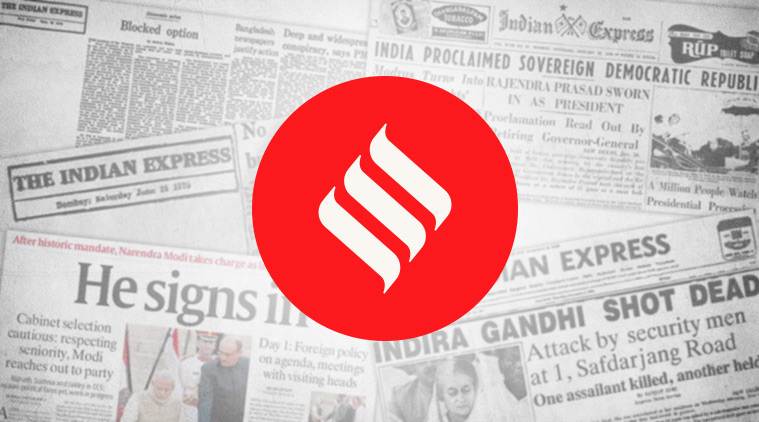
The melody-maker who managed to touch the most obscure corners of the heart will be remembered.
With the passing of music composer Khayyam, the country has lost one of its last musical composers from the golden era that included names such as Naushad, Anil Biswas, OP Nayyar and Shankar Jaikishen. What was special about Khayyam was originality of a kind one saw in few composers. And in that originality, steeped in his learning of Hindustani classical music, he showcased his versatility. No two songs are similar, even though so many are based on similar ragas. The compositions in Muzaffar Ali’s Umrao Jaan (1981) are as melodious and soulful as those in Bazaar, Razia Sultan and Kabhie Kabhie.
In Umrao Jaan, in the famed pratham dhar dhyaan, Khayyam used different ragas such as Bhairav, Todi and Kedar to communicate the story of a young girl becoming a courtesan. The film resurrected ghazal as a genre in the 1980s. It’s difficult to think that “inn aankhon ki masti ke” or “justuju jis ki thi” could exist in any other form. Every composition from the Khayyam ouvre had one thing in abundance — soul.
Then there was the song that merged the world of the poet with that of the composer. “Mana ke abhi tere mere armanon ki qeemat kuchh bhi nahi/ Mitti ka bhi hai kuchh mol magar/ Insanon ki qeemat kuchh bhi nahi/ Insanon ki izzat jab jhoote sikkon mein na toli jayegi/ Woh subah kabhi toh ayegi, woh subah kabhi toh ayegi” by Sahir Ludhianvi needed a tune that would let the words have the effect of a recitation, without being one. Khayyam turned to one of his favourite ragas — Yaman Kalyan. The song has stood the test of time. When composers such as RD Burman were turning to western sounds, Khayyam stood his ground to deliver songs with Hindustani music as the foundation. The melody-maker who managed to touch the most obscure corners of the heart will be remembered.






